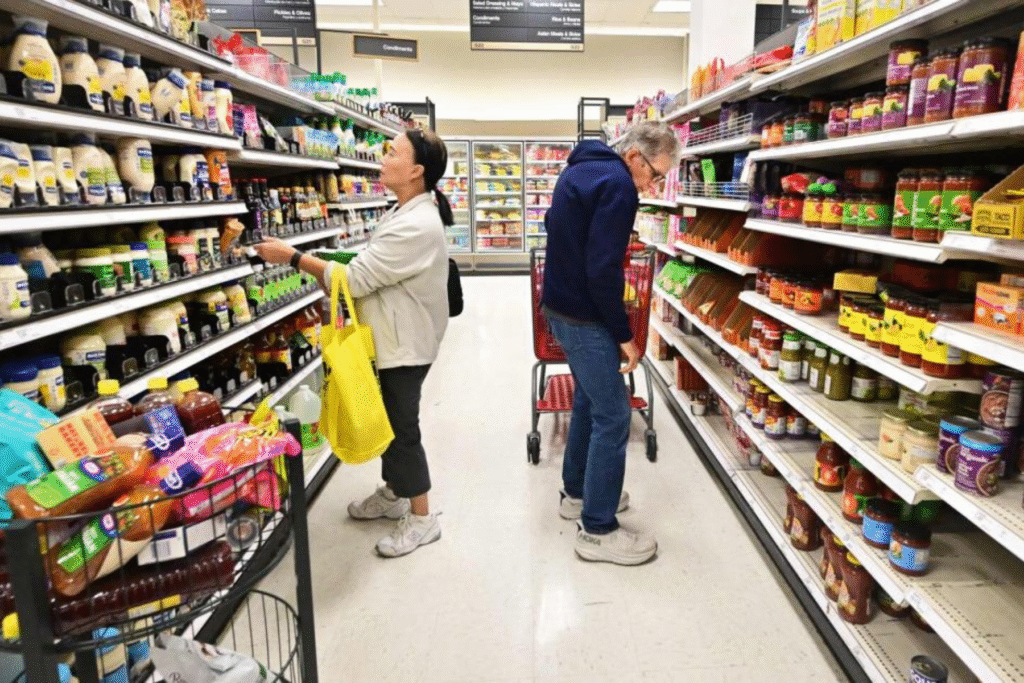
In September, the Vienna Market Authority filed 200 complaints against supermarkets for incorrect base prices, inaccurate quantity information, or missing discount labels. Since the beginning of the year, 502 penalty applications have been submitted after 1,215 inspections across the capital. The focus was on the four largest supermarket chains, according to the authority. “The worse a business performs during inspection, the more frequently the Market Authority carries out checks,” emphasized Market Authority Director Andreas Kutheil.
The Ministry of Social Affairs issued a statement outlining the situation: “According to WIFO, prices for food, alcohol, and tobacco will rise by 3.8 percent this year, with a further increase of 3.2 percent expected for 2026. At the same time, major supermarket chains increased their profits by around 60 percent last year.”
Price Labels Not Matching Products
The Market Authority cited several violations by major retailers as examples: price ranges (“from-to” prices) were listed without proper allocation, quantity indications on price tags did not match the actual products, and in the non-food discount section, mandatory information about the lowest price within the previous 30 days was often missing. In other cases, goods were advertised with prominent discounts without displaying the legally required base prices.
Kutheil made it clear: “Price labeling is not a matter of choice—it is governed by law. When the contents change or a discount is advertised, this must be clearly and transparently stated on the shelf. Anything else is deception.”
Numerous Political Statements
The sharp rise in supermarket prices has also stirred political debate. Economy Minister Wolfgang Hattmannsdorfer (ÖVP) announced more than a month ago a law against hidden price increases, with a draft expected this year. A few days ago, the SPÖ threatened market interventions, following calls in early August by Finance Minister Markus Marterbauer (SPÖ) and later by SPÖ leader Andreas Babler for legal measures to lower food prices.
Coalition partners ÖVP and NEOS have been more cautious, while clear opposition to market intervention has come from the food industry and farmers. During the government’s September conference, the fight against rising food prices focused mainly on EU-level measures and eliminating the so-called “Austria surcharge.”

